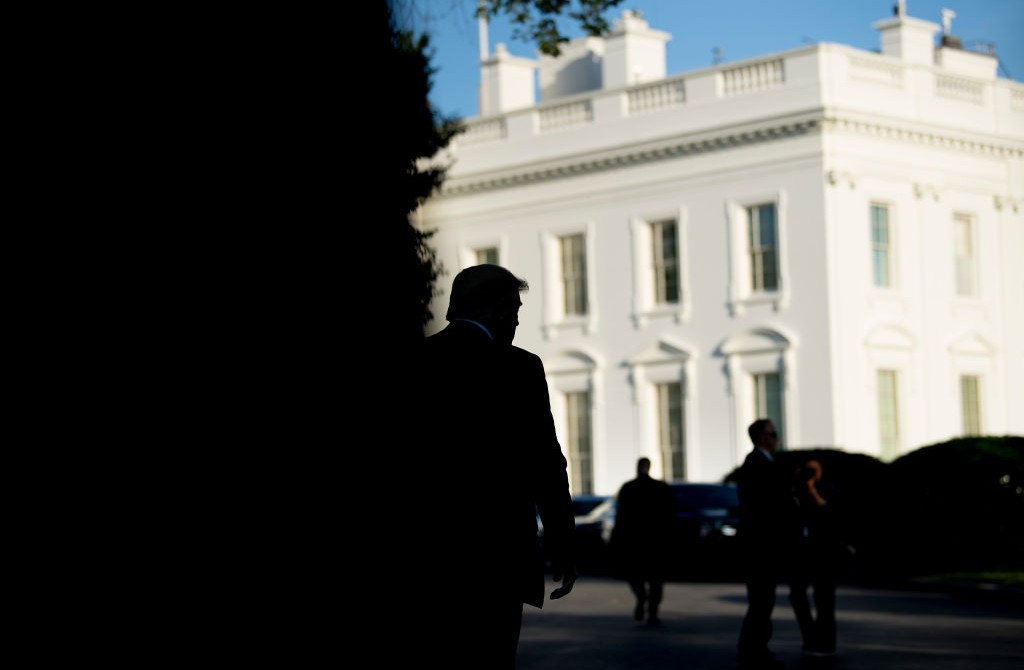US election 2020: Why Donald Trump lost
Nick Bryant
New York correspondent
Let the 2020 election bury the mistaken notion once and for all that the 2016 election was a historical accident, an American aberration.
Donald Trump won more than 70 million votes, the second highest total in American history. Nationally, he has more than a 47% share of his vote, and looks to have won 24 states, including his beloved Florida and Texas.
He has an extraordinary hold over large swathes of this country, a visceral connection that among thousands of supporters has brought a near cult-like devotion. After four years in the White House, his supporters studied the fine print of his presidency and clicked enthusiastically on the terms and conditions.
Any analysis of his political weakness in 2020 also has to acknowledge his political strength. However, he was defeated, becoming one of only four incumbents in the modern era not to get another four years. Also he has become the first president to lose the popular vote in consecutive elections.
Donald Trump won the presidency in 2016 partly because he was a norm-busting political outsider who was prepared to say what had previously been unsayable.
But Donald Trump also lost the presidency in 2020 partly because he was a norm-busting political outsider who was prepared to say what had previously been unsayable.
Though much of the Trump base might well have voted for him if he had shot someone on Fifth Avenue, his infamous boast from four years ago, others who supported him four years ago were put off by his aggressive behaviour.
This was especially true in the suburbs. Joe Biden improved on Hillary Clinton's performance in 373 suburban counties, helping him claw back the Rust Belt states of Pennsylvania, Michigan and Wisconsin, and enabling him to gain Georgia and Arizona. Donald Trump has a particular problem with suburban women.
We witnessed again in the 2020 presidential election what we had seen in the 2018 mid-term election - more highly-educated Republicans, some of whom had voted for Trump four years ago prepared to give him a chance, thought his presidency was too unpresidential. Though they understood he would be unconventional, many found the manner in which he defied so many customs and behavioural norms off-putting and often offensive.
They were put off by his aggressiveness. His stoking of racial tensions. His use of racist language in tweets maligning people of colour. His failure, on occasions, to adequately condemn white supremacy. His trashing of America's traditional allies and his admiration for authoritarian strongmen, such as Vladimir Putin.
His strange boasts about being "a very stable genius" and the like. His promotion of conspiracy theories. His use of a lingua franca that sometimes made him sound more like a crime boss, such as when he described his former lawyer Michael Cohen, who reached a plea deal with federal prosecutors, as "a rat".

